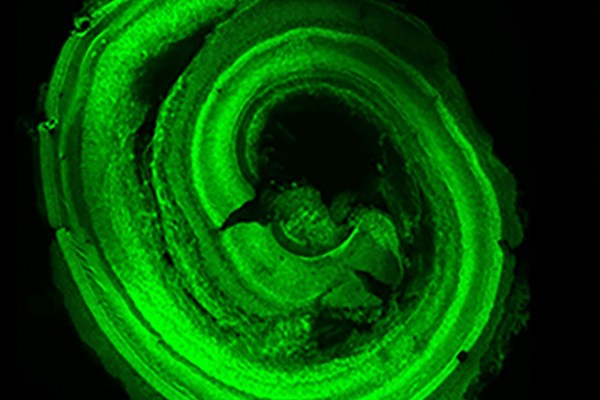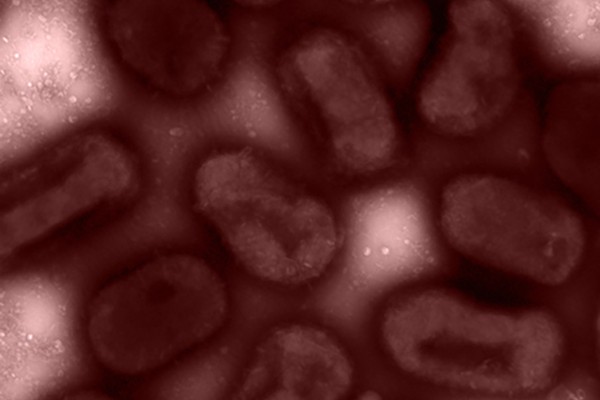Finding may aid diagnosis of learning disabilities linked to brain tumor syndrome
New insight into one of the most common inherited
causes of brain tumors may help physicians diagnose and treat the
learning disabilities that often accompany the condition, neurofibromotosis 1. The School of Medicine’s David H. Gutmann is the study’s senior author.
Two Washington University faculty named Pew scholars
The Pew Charitable Trusts have named two early-career faculty members at Washington University in St. Louis among their Pew scholars in the biomedical sciences. They are Qin Liu, PhD, of the School of Medicine, and Gary J. Patti, PhD, of Arts & Sciences.
WashU Expert: Poverty’s most insidious damage is to a child’s brain
A study published July 20 in JAMA Pediatrics provides even more compelling evidence that growing up in poverty has detrimental effects on a child’s brain. Dealing with this must become “our top public health priority,” writes the School of Medicine’s Joan Luby, MD, in an accompanying editorial.
Bateman receives MetLife Award for Alzheimer’s research
Randall J. Bateman, MD, the Charles F. and Joanne
Knight Distinguished Professor of Neurology at the
School of Medicine, has received a MetLife Foundation Award
for Medical Research. Bateman, a leader in Alzheimer’s disease research, is the university’s fifth researcher to receive the prize.
Device delivers drugs to brain via remote control
A team of researchers, including neuroscientists from Washington University School of Medicine in St. Louis, has developed a wireless device the width of a human hair that can be implanted in the brain and activated by remote control to deliver drugs to brain cells. The technology, demonstrated for the first time in mice, one day may be used to treat pain, depression, epilepsy and other neurological disorders in people by targeting therapies to specific brain circuits.
New findings hint toward reversing hearing loss
Studying mice, scientists at Washington University School of Medicine in St. Louis have identified two signaling molecules that are required for the proper development of a part of the inner ear called the cochlea. The study contributes to the understanding of inner ear development, a first step toward the goal of being able to recover lost hearing.
Ma receives Gates Cambridge Scholarship to study trends in reproductive technologies
Yuntong Ma, a fourth-year medical student at Washington University School of Medicine, has received a 2015 Gates Cambridge Scholarship to pursue graduate studies at the University of Cambridge in England.
Applications for K12 career development program due Oct. 19
Applications for the K12 Clinical Hematology Research Career Development Program scholars are being accepted through Oct. 19. The K12 Career Development Program is aimed at clinical or research fellows, instructors or recently appointed assistant professors committed to research in nonmalignant hematology.
Surgery embraces diversity training
Faculty and staff in the plastic and reconstructive surgery, urologic surgery and public health sciences divisions in the Department of Surgery at Washington University School of Medicine in St. Louis have completed all four levels of training offered by the medical school’s diversity and inclusion team.
Drug-resistant bacteria possess natural ability to become vulnerable to antibiotics
Infections with one of the most troublesome and least
understood antibiotic-resistant “superbugs” are increasing at alarming
rates, particularly in health-care settings. But by studying A. baumannii, a frequent cause of difficult-to-treat infections in hospitals, researchers have identified a naturally occurring process that restores its vulnerability to antibiotics.
View More Stories



